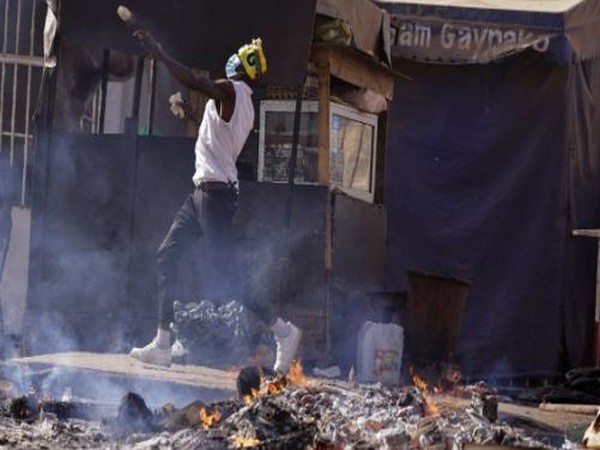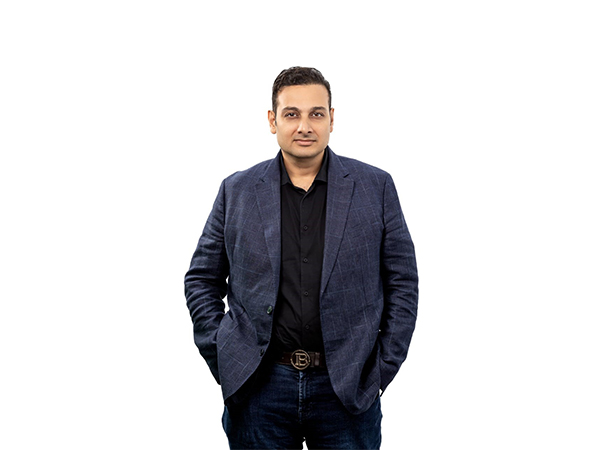Senegal: Will election delay U-turn appease protesters?
Feb 18, 2024
Dakar [Senegal], February 18: Senegalese President Macky Sall had announced the delay on February 3, just one day before the election campaign was scheduled to get underway.
But the council invalidated Sall's decree to postpone the vote from February 25 to December 15.
It acknowledged that it was "impossible to organize the presidential election on the initially scheduled date" but invited "the competent authorities to hold it as soon as possible."
The Constitutional Council's decision has left many like Youssoupha Diaw, a member of the coalition backing anti-establishment candidate Bassirou Diomaye Faye, euphoric and determined.
"Now that the Constitutional Council has restored justice, we can only rejoice," Diaw told DW. "Whatever date is chosen for the presidential election, we are ready. Our best weapon is our voter card that we all hold."
President Macky Sall's decision to postpone the vote caused significant public anger and led to deadly protests.
The postponement was seen by many as an effort by Sall to prolong his term beyond the two-limit mandate - a claim the president strongly refuted.
As Sall seeks to appease public opinion after the crisis, more than 130 opposition and civil society members in Senegal have been released from prison since Thursday, according to Ministry of Justice figures sent to the AFP news agency, and around 90 more were due to be freed on Friday.
However, the Constitutional Council's ruling and the release of prisoners have not completely stemmed the discontent.
Gagne Demba Gueye, a 32-year-old who had just been released from the Rebeuss prison in Dakar, said the protests would continue.
"They simply told us to get out. We're seen as bargaining chips - our release is a trade-off for the stability of the country," he said. "We are ready to resume the fight; we have never given up."
Sall said on Friday that he respects the Constitutional Council's decision and pledged to organize presidential elections "as soon as possible."
"The president of the republic intends to fully implement the decision of the Constitutional Council," the presidency said in a statement. "To this end, the head of state will without delay carry out the consultations necessary to organize the presidential election as soon as possible."
Nina Penda Faye, a journalist and civil society activist, highlighted that between the demonstrations and both national and international pressure, there was no shortage of people standing up to Sall and no indication that they would give up soon.
"Several personalities and members of civil society from different entities have only one objective, to have peaceful, free, and transparent elections, to see a Senegal of peace," Faye said.
While opposition figures and civil society groups celebrate the Constitutional Council's decision, the ruling coalition has expressed concerns about the lack of a firm election date, potentially prolonging the political limbo.
Lawmaker Mamadou Ndoye urged for caution and advised against premature celebrations following the council's decision.
Ndoye highlighted that the responsibility of determining a new date for the presidential election lay with Sall himself.
"This decision will continue to create confusion in the minds of the Senegalese because it will be said that the decision will always belong to the administration, notably to the president, to choose a new date," Ndoye told DW.
"And this date could be in March, June, or December. So we still don't know when these elections will take place. It remains a problem for the Senegalese."
The upcoming days and weeks will play a vital role in determining Senegal's ability to navigate this crisis peacefully and conduct credible elections as soon as possible.
Source: Times of Oman








